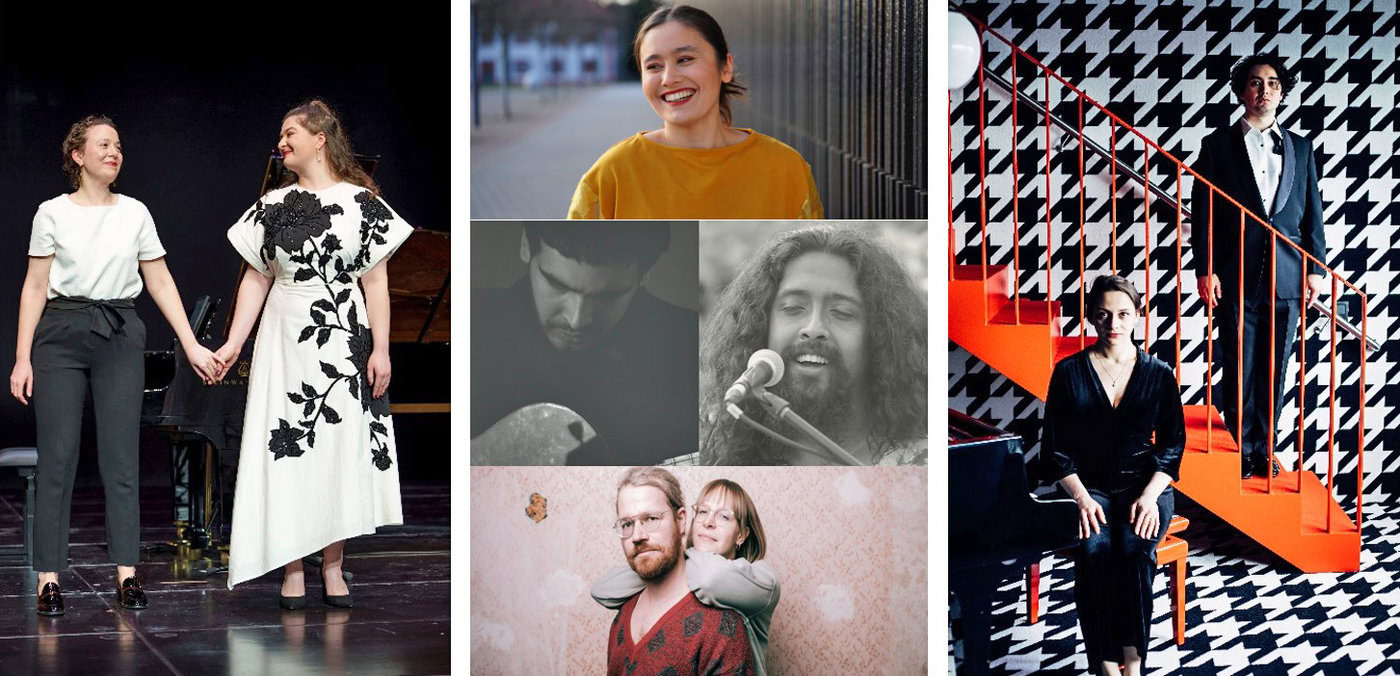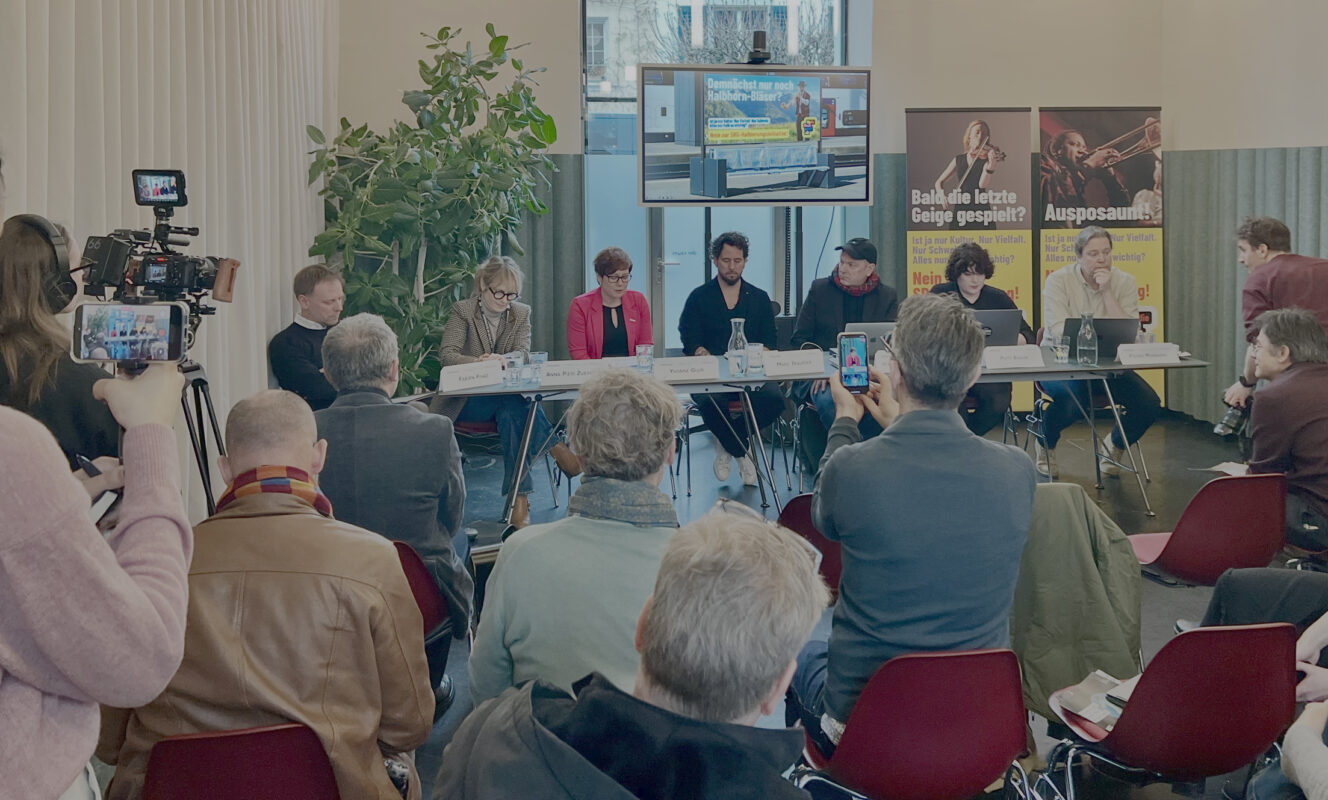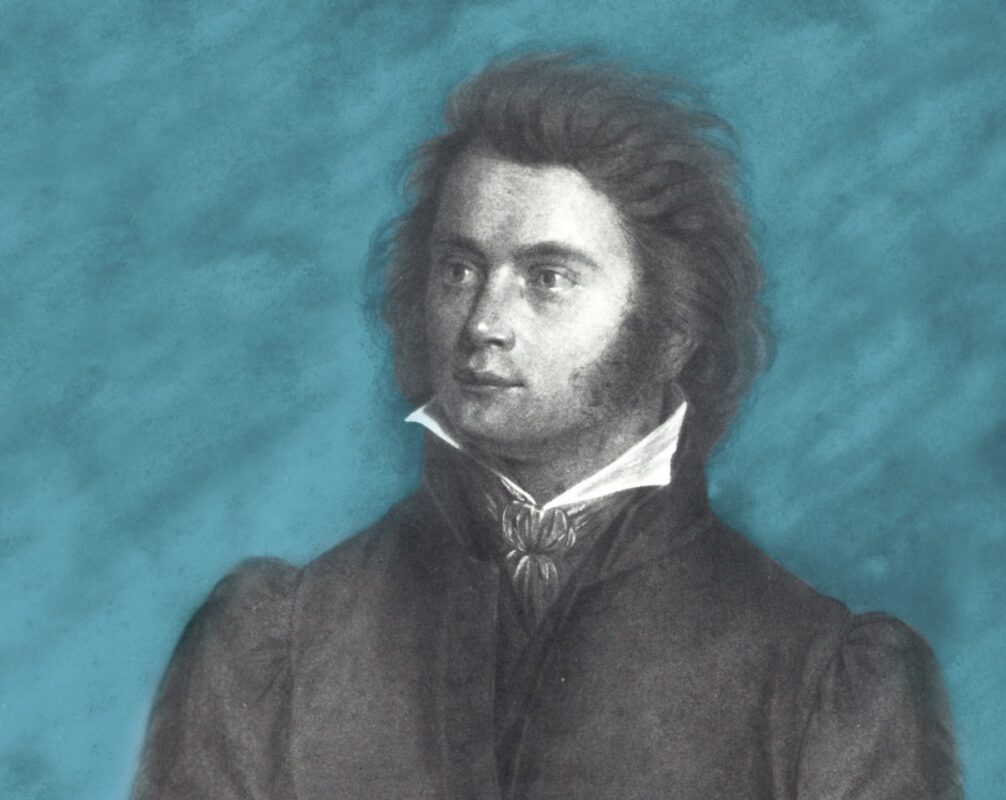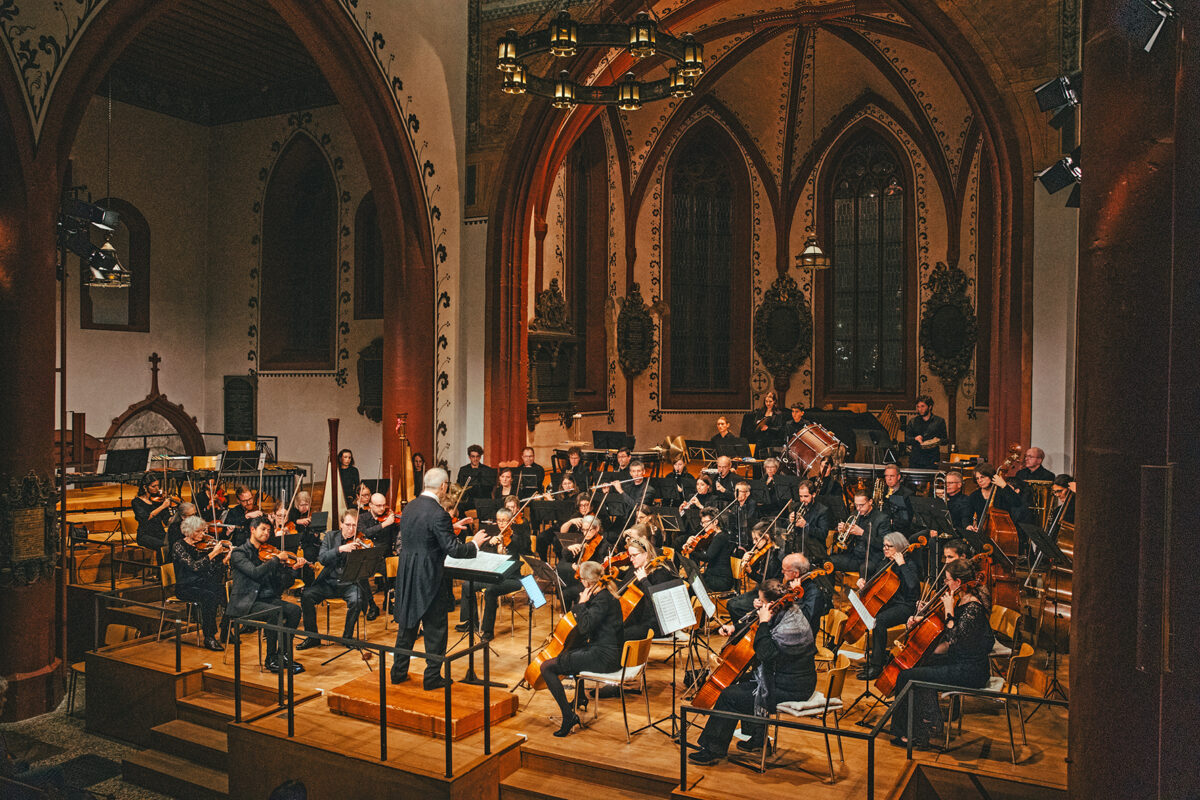A pinch of ESC craziness for the song
"Lied Basel" organizes the Art Song Challenge and thus awakens the international, diverse and pop side of the song genre. The boundaries between genres have long been permeable, according to classical concert organizers in Basel.

A crackling sound from which a broken, pulsating chord gradually emerges. "Say, what wonderful dreams hold my mind," sings Marie Gerhardine Iguchi with a haunting voice - the synthesizer on her lap. Richard Wagner's Wesendonck song Dreams is given a whole new guise: classical music meets electronics. Until now, the opera singer has lived out her two musical passions separately. In Dreams Gerda, as the singer calls herself in this project, creates a synthesis. She has submitted a video of this to the newly launched Art Song Challenge. "A song is a life - to be enjoyed while it lasts and to be appreciated for its finiteness," writes Iguchi.
Lieder recital goes pop
It is no coincidence that the Art Song Challenge (ASC) has a similar name to the Eurovision Song Contest (ESC), which is currently electrifying the city of Basel. Silke Gäng, mezzo-soprano and artistic director of the Lied Basel" festivalshas always been enthusiastic about the diversity and internationality of the ESC. And thought about what she could take from the ESC to spice up classical song singing a little and make it accessible to a wider audience. "The ESC motto 'United by music' also speaks directly to me," she says. "With our new song competition, we want to give young singers a low-threshold stage and encourage them to include other musical traditions."
Similar to the ESC, the ASC also encourages people to sing in the language of their home country. The aim is to make the song programs more diverse and cross-cultural. And also to rethink the strict form of song recitals. In order to emphasize its international orientation, "Lied Basel" has joined forces with other song festivals in Germany (Liedstadt, Heidelberger Frühling), Spain (Schubertíada) and England (Leeds songs) have joined forces. 130 submissions from 29 countries are the result of the first ASC, which was advertised particularly on social media and held online. The artists of the five selected entries will receive a concert engagement at one of the festivals. The Audience Award, which is voted for online, is endowed with 1000 euros.
Pop goes high culture
It is undisputed that recitals could do with a breath of fresh air from the pop world. What is the situation in Basel with other organizers of so-called high culture? The Basel Symphony Orchestra has not only with the concert Symphonic Gameswhich presented soundtracks from video games, played as part of the ESC accompanying program, but was also heard with a percussion ensemble on the open-air stage at Barfüsserplatz on "Klassik & Crossover Day". "Openness to different styles and new impulses is part of our artistic approach," says Elisa Bonomi, press officer of the Basel Symphony Orchestra, referring to previous joint performances with ESC participant Anna Rosinelli and an upcoming one with Swiss pop singer Ritschi.
The Theater Basel offers a "refuge of relaxation" during the Eurovision Song Contest on Theaterplatz right next to the official party mile with the "Pop-up Teaclub" with free tea, plants and sustainable sofas made from straw bales. There are no plans for ESC-themed events. But with productions such as the techno-based It would be such a shame if you missed it or Herbert Grönemeyer's musical Horse eats hat projects with a pop-cultural slant are finding their way into the normal repertoire. "The strict distinction between pop culture and high culture is a thing of the past," says Theater Basel.
For the Basel Sinfonietta was unable to jump on the ESC bandwagon due to its own long-term program planning. "Inclusion, subcultures and empowerment, especially for marginalized groups, are topics that the Basel Sinfonietta takes up time and again," says Managing Director Daniela Martin. The ESC offers a lot of inspiration in terms of visual staging, social media and strengthening the community. She emphasizes that the new music ensemble is also active in pop music contexts, as shown by past collaborations with DJ Janiv Oron, the African pop band Burkina Electric and the NDR big band.
Live and in front of an audience in the future?
The selected ASC contributions also sound more like pop Look of the Austrian duo Lena Kuchling and Bernhard Höchtel and Aam Paka by Nishad Pandey and Arko Mukhaerjee, in which a traditional Bengali folk song meets an electric guitar. The last part of Franz Schubert's Lyreman in the fascinating, two-part version by Latvian Katrīna Paula Felsberga and French singer Justine Eckhaut leaves classical singing behind. In future, Silke Gäng would like the Art Song Challenge to take place live in front of an audience and, like the ESC, change location every year within the networked festivals. United by Music not just digitally, but in real life. That would be something.
You can vote for the winner of the Audience Award on the "Lied Basel" website until May 17: Link to the website








